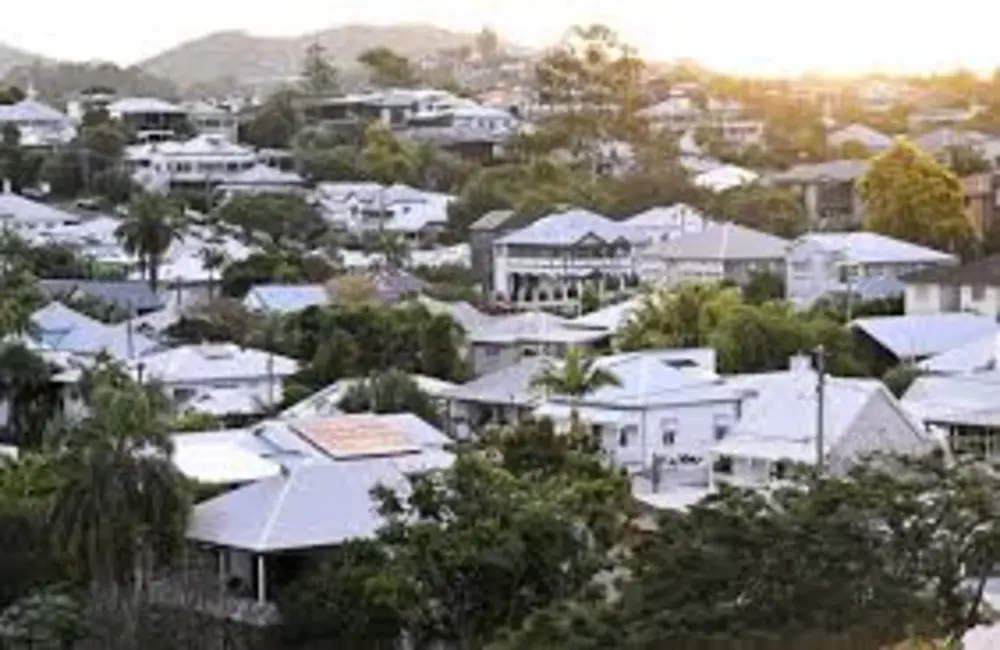Staff shortages increase pressure into wage rises, freight rates rise with the price of fuel and the block on the supply chains means more competition for goods. Restaurants and cafes have been paying more for meat and vegetables and passing the higher costs onto customers for many months.
But only four months ago on 14 September 2021, Reserve Bank Governor Philip Lowe took the unusual step of guiding on interest rates for years to come, depending on the inflation outlook. It felt strange then, and seems stranger still now. He even questioned the market’s pricing in rate increases. In a speech to the Anika Foundation, Lowe said:
“Specifically, the Board will not increase the cash rate until actual inflation is sustainably in the 2–3% target range. Inflation can’t merely pop over the 2 percent line for a quarter or two. We’d like to see inflation toward the center of target range, and have reasonable confidence that inflation won’t drop below the 2–3 percent band again. We judge this cash rate lift condition will not be satisfied before 2024.”
“I have a hard time getting my head around the fed rate rises priced next year or early 2023. Although policy rates may be increased elsewhere over this period, we have a very different wage and inflation experience.”
In the latest outlook in the December 2021 Board Minutes, inflation was characterised as "low in underlying terms". Then: “The central forecast was for underlying inflation to rise to 2.5% over 2023Well, it was up this week. Lowe appears before the RBA Board next week to explain why “difficult to understand” is now apparent, and he was left firmly behind the curve. The RBA’s favored inflation gauge, the trimmed mean (removing items posting large price jumps or falls) jumped 1% in Q4 2021, much higher than the RBA’s prediction of 0.6%. The annual rate is now 2.6%, which is right on target range 2-3%. On a half-yearly annualised level, it is 3.5%.
“The trimmed mean result was a huge overshoot on the RBA’s forecast for underlying inflation. We think the RBA will have to walk away from the 'low and gradual' inflation story in their next communication next week. We bring forward our central scenario for the first hike in the cash rate from November 2022 to August 2022 (the risk is an even earlier hike in June). We maintain our view that the RBA will conclude the bond buying program at its Board meeting next week.”
And the day the CPI came out, the Australian market was down 2.5%. This week reminded stock market investors of what awaits as central banks enter a rate-tightening phase. Monday in the US started out with a bang as it had, but just like Friday, with the NASDAQ going down 5% and the S&P 500 down 4%. A major correction seemed to be in the works. Closing out the day, the S&P500 was 0.3% higher and NASDAQ was up by 0.6%. Since then heightened volatility has persisted.
Shane Oliver looks at the reasons behind the recent sharp declines in stock markets and then checks seven things investors should consider in deciding their next move.
The investors who are getting the most kick out of a market decline right now are those who have been in cash and have long thought the market was too pricey. If only investing was easy, it would be timing. This chart from Lewis Jackson shows what that indicative $10,000 invested in Australian equities would have looked like over the 20 years if it had missed just a couple of months of good returns.
Most of that wealth accumulation by asset owners saw the size of Australian Exchange-Traded Funds (ETFs) jump to $130 billion, a 45% increase in 2021. Rs to millions and billions of impressive growth and all the headlines for funds! Their unlisted competitors, the managed funds that mostly sit on platforms, control $3.5 trillion. The minnows are barely noticed by the media and ETFs. ETFs have a long runway ahead of them but why are managed funds erfolgreiche?
Last week, BlackRock’s Larry Fink delivered a high-profile address, in which Ollie Smith and Sunniva Kolostyak distill 10 key points to illustrate how the head of the world’s largest fund manager is thinking. On ESG principles:
“We are not focused on sustainability because we’re environmentalists, we’re focused on sustainability because we’re capitalists and fiduciaries to our clients... The transition to a net zero world will transform every company and every industry. The next 1,000 unicorns won’t be search engines or social media companies, stop-starts that help the world decarbonise – sustainable, scalable innovators.”
Ashley Owen focuses on the issue of growing inequality globally and within Australia, where wealth distribution favours a minority. In a new book out at the end of 2021, the billionaire founder of the world’s largest hedge fund, Bridgewater, Ray Dalio, estimates a 30% chance that ‘civil war’ breaks out in the United States in the next decade as a result of ‘emotional polarisation’. In the long run, we will all be hurt by increasing inequality in nations and globally.
Those approaching the ages of 55, 60 and 65 for whom influencing the achievement of a condition of release on superannuation may be appealing should oversee the retirement conditions of release. Liam Shorte dives deeper into some of the intricacies, and a focus on what ‘gainful employment’ means especially makes sense.

























